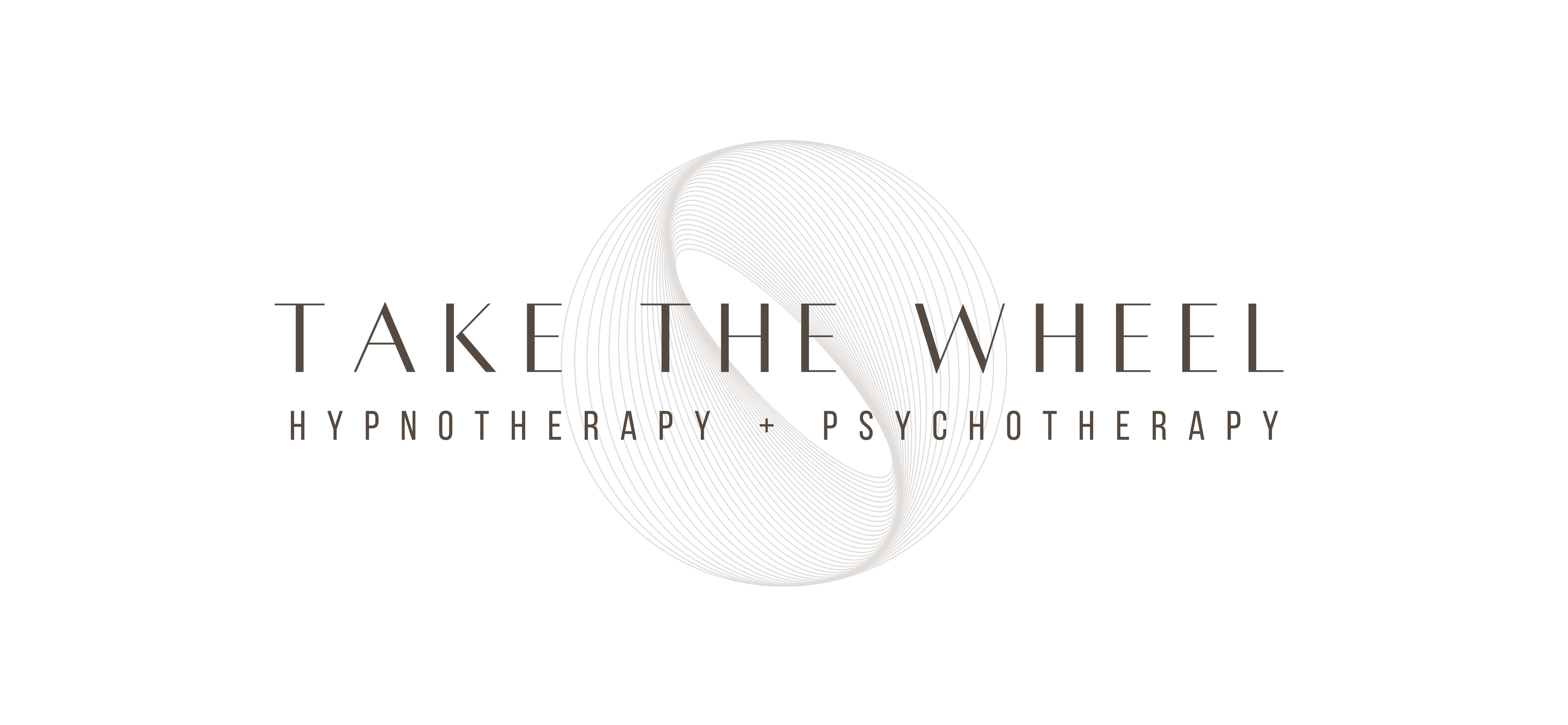hypnotherapy for anxiety
Anxiety can be seriously intrusive. Understanding how it works in your mind and body is the start of taking back control.

Anxiety
Do you feel constantly worried or overwhelmed?
Do you often feel frightened, panicked or hard to calm down?
Do you feel restless, like you can never sit still or relax?
Have you tried to change your thoughts but found it unsuccessful or unsustainable?
Anxiety is your mind-body system’s response to some kind of real, imagined or predicted threat.
The Stress Response
The fight/flight/freeze response is a biological radar system that’s been programmed into humans since prehistoric days. Our cave-dwelling ancestors were often saved by the dramatic changes that took place in their bodies when confronted with danger. However, these days, there’s very little chance a tiger is going to jump out of the bushes and attack us on our way home from the shops.
Our stress response is activated in response to situations – real, imagined or predicted – that may threaten our sense of safety, security or comfort. These days, this is typically in response to modern day non-life-threatening dangers or associations that our brain has made based on past experiences.
Unfortunately, this mechanism still functions the same way it always has – in black-and-white, life-or-death – which is why we find ourselves fighting, fleeing or freezing in different forms throughout our everyday lives. These automatic ‘safety behaviours’ often take the form of us thinking, feeling and doing things that are irrational, inappropriate for the situation or otherwise not what we really want for ourselves.
What is anxiety?
Anxiety is the fight or flight part of your stress response system, when you’re ready to take action against to some kind of threat or imagined danger. It is more than feeling stressed or worried – it’s a physiological experience. Many of my clients who are experiencing anxiety can tell me far more about how it feels in their body than what thoughts are running through their mind. There’s often not a clear reason for what they’re experiencing.
That’s because anxiety is the body’s threat radar system frequently and consistently activating the fight/flight reaction in response to real, imagined or predicted threats. It’s a future-focused state of hypervigilance where our system has us react as though we are in imminent danger – all beneath our conscious awareness.
What does anxiety look and feel like?
Common everyday experiences of anxiety:
- Trouble concentrating
- Racing thoughts
- Sense of urgency or impending doom
- Difficulty sleeping
- Dread of social settings/social withdrawal
- Negative/overly critical thoughts
- Compulsions
- Control-seeking
- Avoidance of anxiety-inducing situations
Common physiological symptoms of anxiety:
- Shallow breathing
- Increased heart rate
- Muscle tension
- Restlessness
- Shaking
- Feeling hot/flushed
- Sweating
- Dizziness/light-headedness
When is anxiety a problem?
Anxiety is a fear that is quite normal and appropriate in some circumstances. Say you feel nervous going to give an important pitch at work. The fear (or anxiety) tells you it’s important to you and can give you energy and help you to focus in order to nail the presentation. However, everyday anxieties usually pass once the stressful situation has passed or the ‘stressor’ is removed.
Anxiety becomes a problem when it is:
- Excessive
- Inappropriate for the given situation/s; or
- Persistent and incapacitating
When the feelings associated with anxiety don’t go away, happen for no apparent reason or impact your daily life, it’s best to seek help.
What causes anxiety?
A range of factors can cause our nervous system to become hypervigilant, including any (or a combination of) the following:
Nervous system dysregulation
Our biological stress response is designed for short bursts of activation, followed by adequate recovery. Without adequate recovery, or when our stress response is activated too frequently or too consistently, we get ‘stuck’ in fight/flight/freeze and our autonomic nervous system becomes dysregulated. In this state, our system is hypervigilant to potential stressors – a vicious cycle. Some experiences that can cause nervous system dysregulation include:
-
- Past traumatic experience without adequate recovery (learned expectancy)
- Insecure attachments with primary caregivers in childhood (unmet emotional needs – learned expectancy)
- Lack of healthy coping strategies modelled in childhood
- Ongoing stressors of everyday life
Memories of past experiences
When we’ve experienced something overwhelming or hurtful in the past, our threat radar system is on particularly high alert for any signs that we’ll experience that same (or a similar) hurt again. This may be the case when we’re anxious about a particular event or situation or in a particular context, or it can be a generalised sense of impending doom.
Modern life
Life is complex. It’s no surprise that anxiety conditions are the number one mental health disorder in Australia (and most Western countries), since our society doesn’t allow for adequate recovery after short bursts of stress activation. Why? Because modern stressors are so prolonged and sometimes never pass completely.
We’re constantly striving for more – more comfort, more security, more money, more connection… We become hypervigilant and predict threats before they arrive in order to avoid loss, discomfort or any other form of harm. Even the thought of the following events can trigger anxiety:
- Work stress or job loss
- Loss of accommodation
- Family and relationship problems
- Health problems such as diabetes, asthma, hypertension and heart disease
- A stressful or traumatic event
- Verbal, sexual, physical or emotional abuse or trauma
- Death or loss of a loved one
Family history
Some people who experience anxiety conditions may have anxiety run in their family, giving them a genetic predisposition towards anxiety. However, this doesn’t mean you’ll automatically develop anxiety. Scientific studies into epigenetics show that we can actively change the expression of our genes.
Personality influences
Some research suggests that people are more likely to have anxiety if, as children, they were perfectionists, flustered easily, timid, inhibited, had a lack self-esteem or wanted to control everything.
Substance use
Alcohol and substance use can aggravate anxiety conditions, either when under the influence of a substance (including coffee and sugar) or as the effects of the substance wear off. It’s important to check for and get help for any substance use if you want to address your anxiety.
Medication for anxiety
Modern medications for anxiety can have helpful effects such as anti-depressants helping to regulate your mood and benzodiazepines (also known as minor tranquillisers and sleeping pills) to promote relaxation and reduce tension.
Each of these can help you to feel better and function better in the short-term when you’re experiencing anxiety, but they don’t address the underlying cause. They can also come with unwanted side effects.
Hypnotherapy for anxiety
Hypnotherapy is a highly effective treatment for anxiety because it addresses the mind-body system that’s generating the anxiety: your subconscious mind and nervous system. Treatment with Mel focuses on increasing awareness around your stress response system and its triggers, improving coping strategies to feel better quickly, return the body to its healthy baseline and avoid making the situation worse, and exploring and updating your mind’s threat perception system to reduce inaccurate and inappropriate stress activations in the first place.
We’re treating more than just the symptoms. We’re taking into account the memories and patterns held in your subconscious and the influence they continue to have on your current experiences.
Part 1: Improve coping and recovery
Hypnotherapy allows you to interrupt your unwanted automatic thoughts, feelings and behaviours and replace them with more helpful responses of your choice directly with the subconscious mind that drives this process. You get to implement and rehearse relaxation and thought/feeling-replacing techniques in the safe and controlled environment of hypnotherapy. Repetition of these strategies in hypnosis using a recording you will receive aids in building those new neural pathways and making your new responses more automatic in your daily life.
Part 2: Update your subconscious perceptions
The second part of treating anxiety with Mel is to look into why your system is subconsciously perceiving threats that may not really be there. Using hypnotherapy, you can explore the origin of your automatic reactions and make changes at their deepest level. This may involve changing unhelpful patterns and reframing the subconscious stories you hold about yourself and memories of past experiences. This reduces the frequency and intensity of inaccurate threat detections, and therefore less fight/flight activation. You get to teach your system that you are safe.
*Note that this process may not be linear and may not involve all these aspects. Treatment is very personalised and depends greatly on the issue you’re experiencing and what you feel you need.
Free 15 minute phone consultation
This lets me get an idea of what you’re seeking support for and gives you the chance to make sure I am the right person for you. It is my highest priority to offer you a safe, confidential and compassionate space.
Video or in-person sessions are available. My techniques and methods work just as powerfully online as they do in-person.
